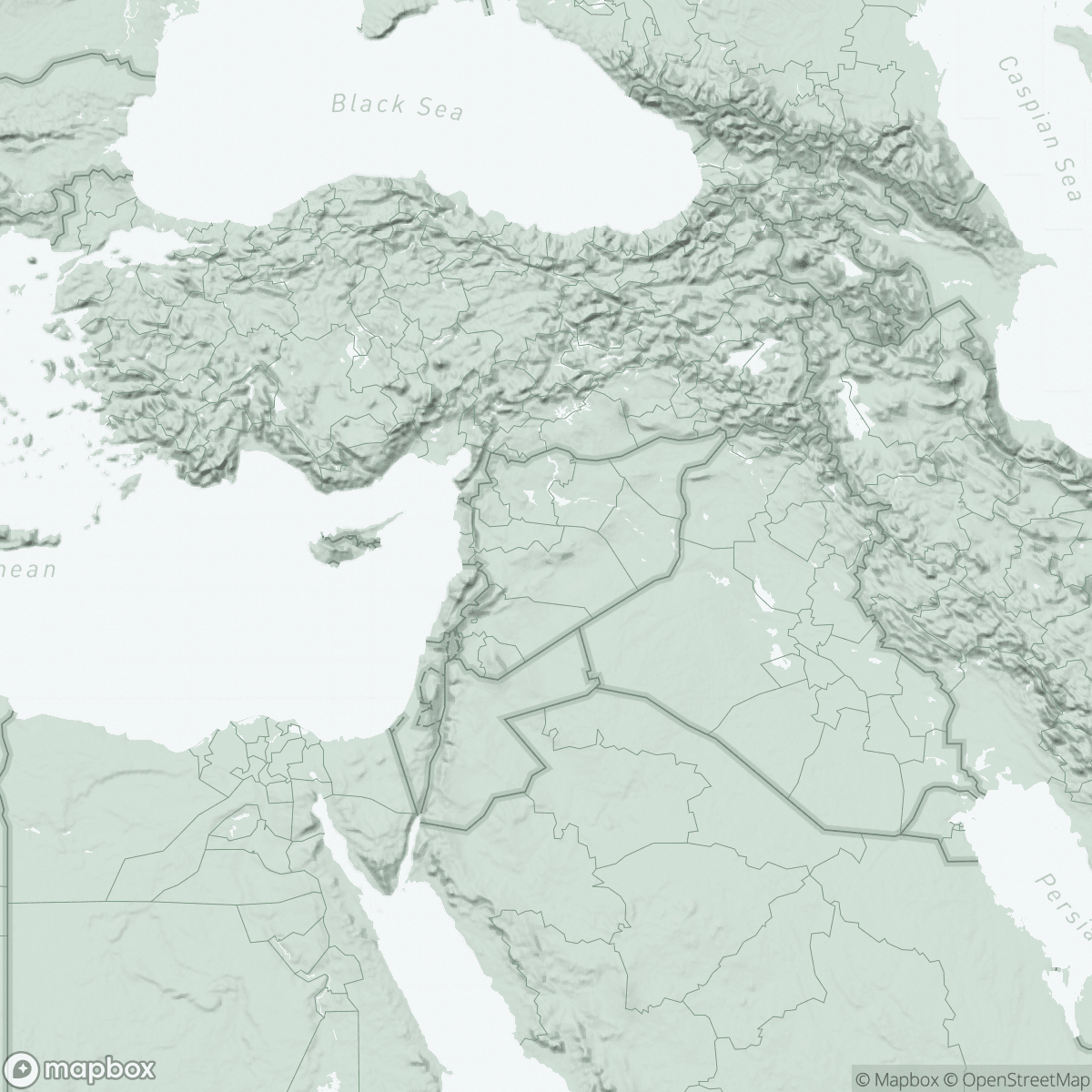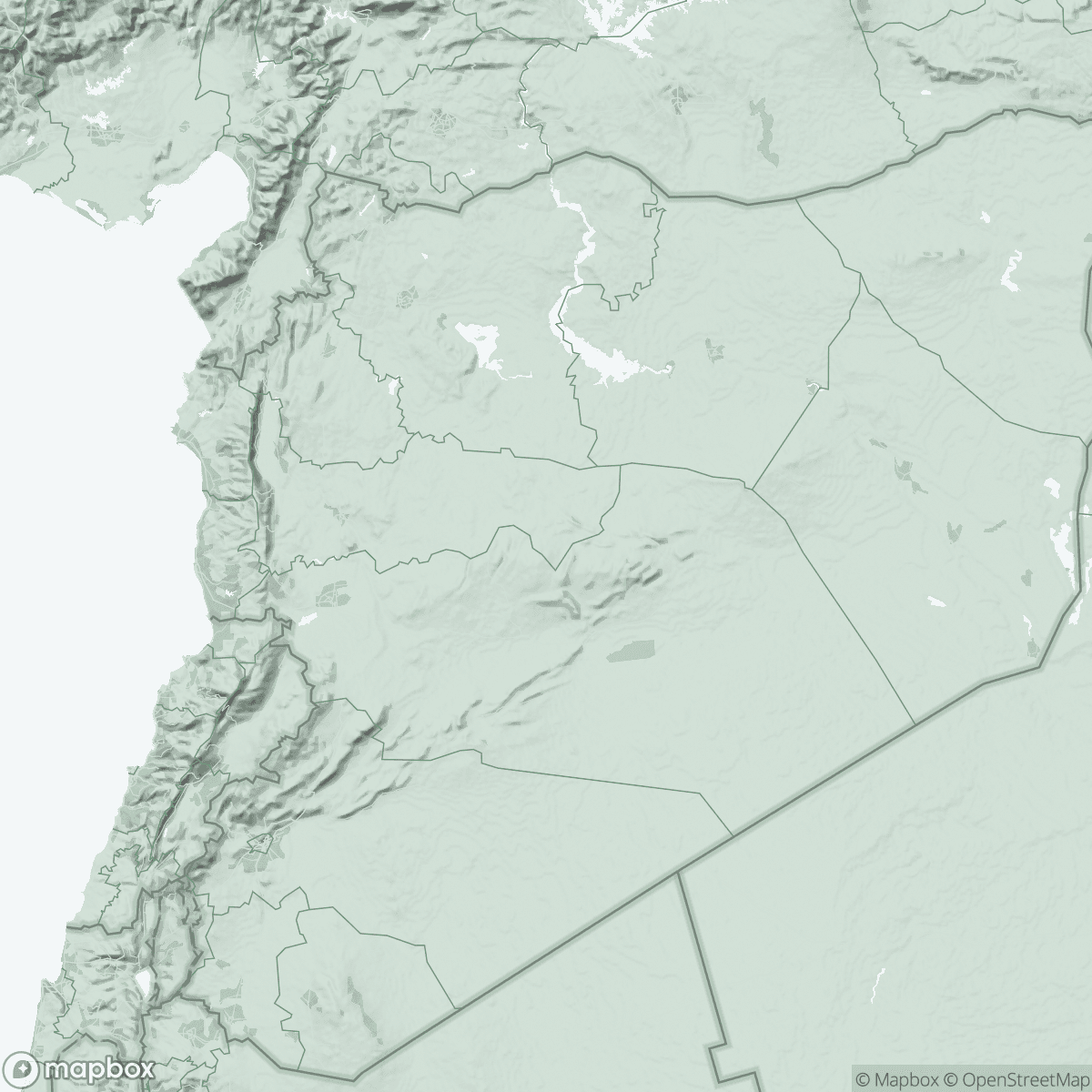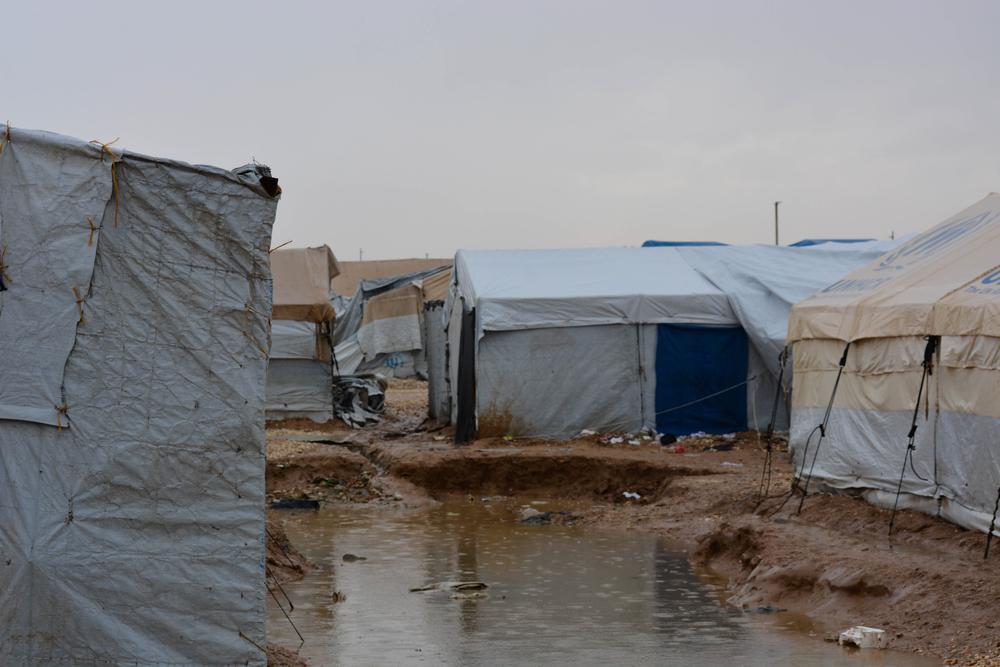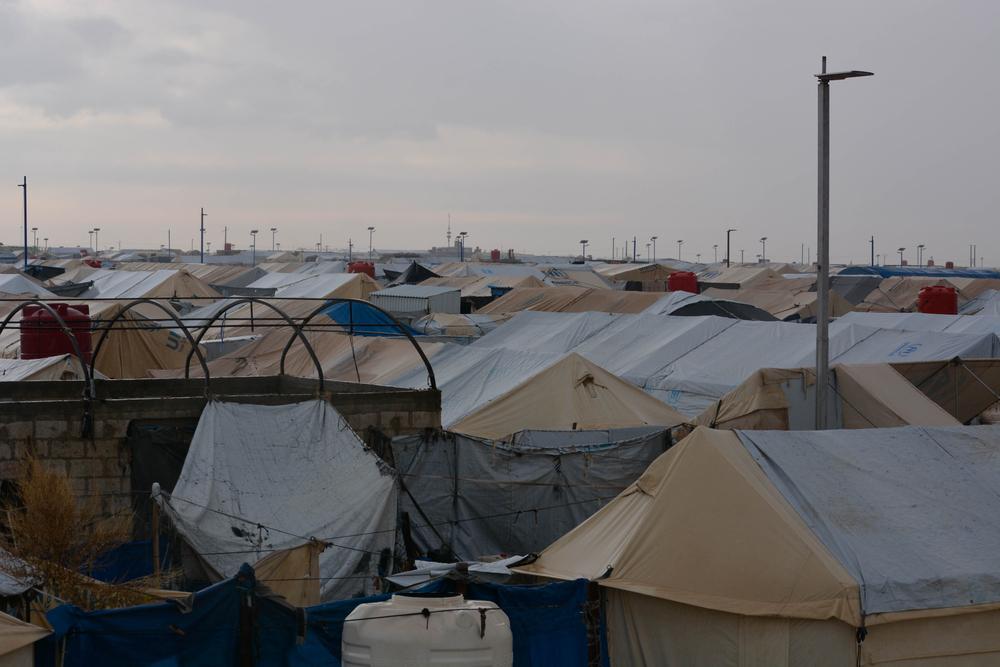
Invisible scars: Unveiling the Mental Health Crisis at Al-Hol Camp
In 1 click, help us spread this information :
As the sun struggled to pierce through the heavy rain clouds, it was mid-morning, and the relentless rain mirrored the somber conditions that enveloped the lives of over 40,000 people who live within this sprawling open-air confinement. The sea of tents stretches as far as the eye can see, each housing a story of displacement, hardship, and the struggle for survival.
The women, men and children detained at Al-Hol camp grapple with numerous challenges, including limited access to water, inadequate sanitation facilities, and a healthcare system inhibited by restrictive security practices. The makeshift tents, battered by the relentless rains during winter and burning sunshine during summer, serve as the only barrier between inhabitants and the elements, highlighting the desperate need for improved living conditions and better services.
Al-Hol camp is on the southern outskirts of the town of Al-Hol in northeast Syria, close to the Syria-Iraq border. Following the defeat of Islamic State (IS) in Syria, the camp is now effectively an outdoor detention centre where people who were displaced during fighting between the Syrian Democratic Forces (SDF) and IS during the battle of Deir ez-Zor in 2018, are detained. As of October 2023, 93 percent of the people at Al Hol camp are women and children, with 65 percent under the age of 18 and 51 percent under the age of 12.
For those who have experienced traumatic events, such as violence and displacement, the camp has only exacerbated their anguish. The symptoms of post-traumatic stress disorder, depression, and anxiety loom large over the camp, casting a shadow over the mental well-being of its residents.
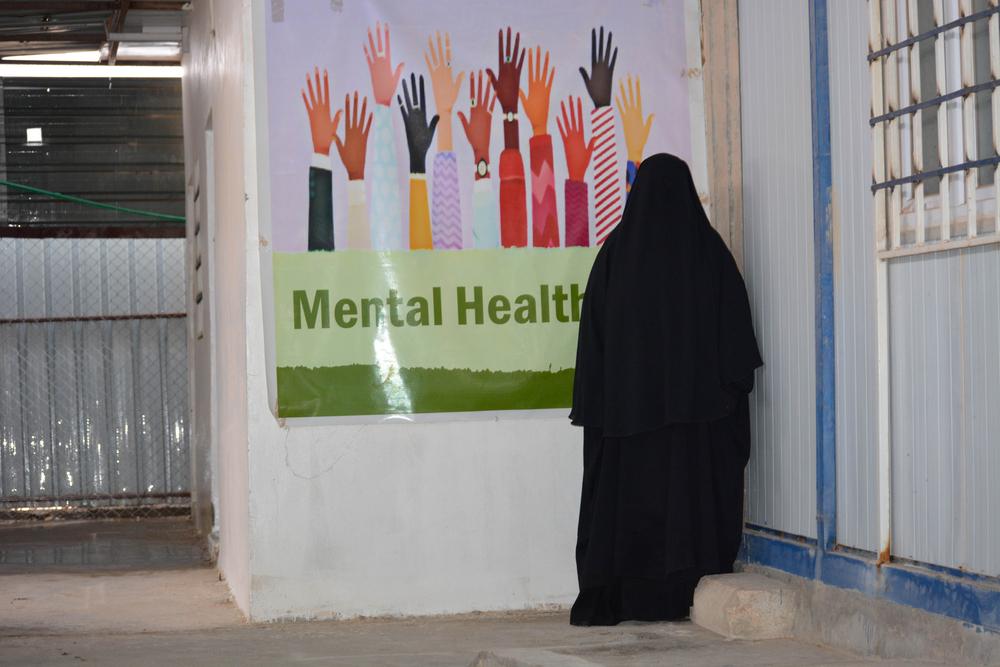
“During displacement, the family was split due to shelling, my 11-year-old son with his uncles in the village, and me with my 5 daughters in Hajin town. For 6 months, I did not know anything about my son and my siblings. We were so poor and helpless. We had to eat grass to survive. No one came to help us or advocate for us”, said Um Othman, a 42-year-old mother of six, from DeirZour in northeast Syria.
For Um Othman, her one glimpse outside the camp did not equal good news.
The first time I left the camp was after 3 years, when my 6-year-old daughter was burned while she was playing with another kid. I was referred to Hassakeh, but it was a stressful experience especially that there was an armed man escorting us in the ambulance. After 19 days in Hassakeh hospital, she succumbed to her injuries and passed away, and guess what?! She is the same one who survived a motorcycle accident during displacement,” Um Othman recounted, her voice quivering with pain, and tears streaming down her face.
The emotional weight of the memories seemed to bear down on her, and at the mention of her daughter's fate, the sorrow became palpable.
Abu Omar, a 43-year-old Iraqi refugee, was displaced with his family from the Iraqi Province Anbar in 2015 due the intense shelling between Iraqi forces and ISIS. He remembers that period as if it occurred just yesterday:
The bombardment was non-stop, day and night. We saw people getting killed before our eyes. My kids would come to me seeking safety, but I was helpless as well. We ate leaves and grass at some point out of hunger on our 3-day trip to Syria”.
“The circumstances around our displacement were harsh and it negatively affected my mental health, can you imagine we left our houses and everything behind? When a person changes his place of sleeping, he cannot sleep, how about that, we changed a whole country! "
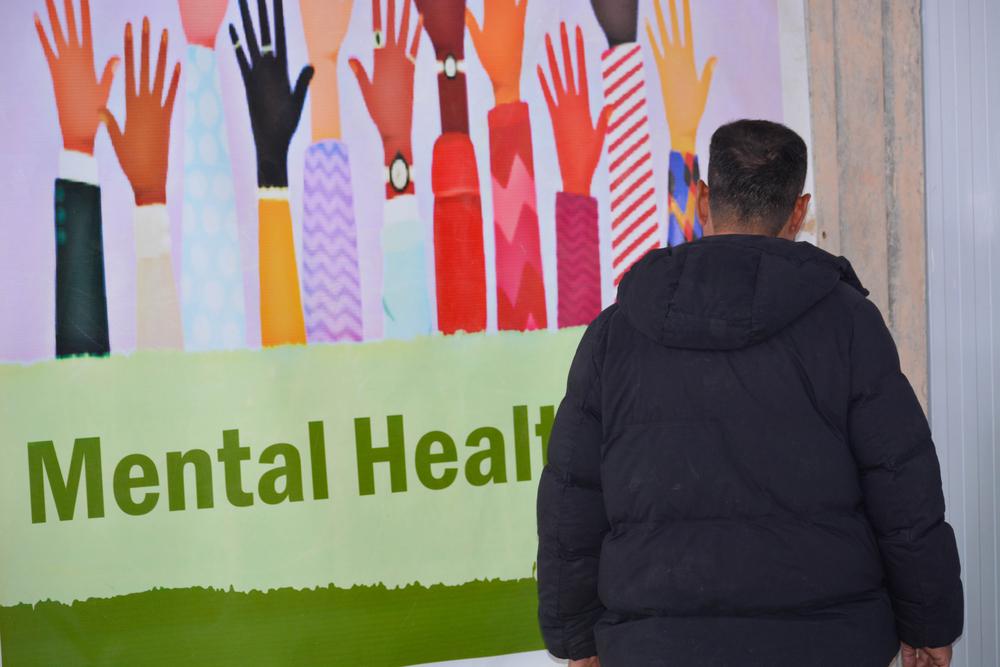
As Abu Omar recounted his harrowing journey, his hands instinctively moved to his head, as if attempting to shield himself from the weight of the horrifying memories, which were unraveling. Since then, he’s suffered from sleep disturbances and anxiety, making a small living for his family by selling food from a food cart. Most days he roams through the camp selling items and making around 10k SP (70 cents) per day.
Children, innocent victims of circumstances beyond their control, face not only physical hardships but also the visible and invisible scars of mental distress. For MSF’s staff working at the camp, the needs are clear.
As you see, the mental health waiting area is crowded today. On average, we have 25 patients coming for individual counselling sessions every day, and around 40 patients for other mental health activities,” said Sama, MSF’s Mental Health Activities Manager at Al-Hol camp.
In MSF’s pursuit to address the mental health crisis at Al-Hol, it has been imperative to destigmatize mental health and psychosocial care. Encouraging open conversations about mental health is a crucial step in fostering a supportive community where seeking help is seen as a sign of strength, not weakness.
In our society when someone is depressed, they say that his spirit is possessed and that he needs exorcism, but I decided to go the scientific way and visit MSF’s clinic. I was embarrassed to tell my neighbors and friends that I am seeking mental health sessions out of fear that they would consider me crazy. I really get benefits from these sessions because I now know life isn’t only about taking care of others, it is taking care of yourself too,” said Um Khaled.
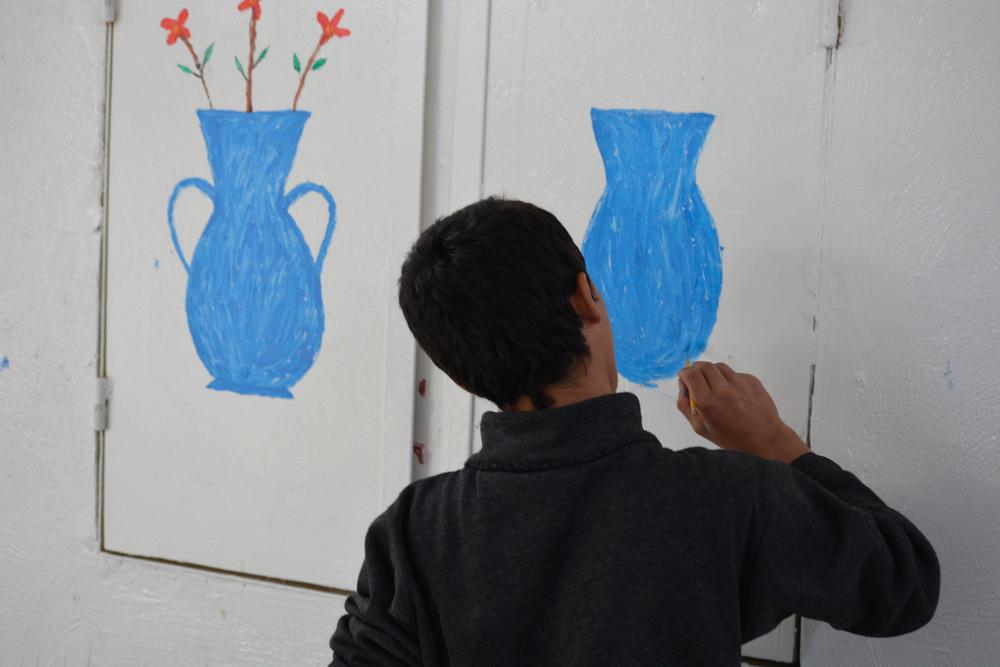
Mental health activities are a crucial part of any medical response
They can provide a safe and supportive environment for people to express their feelings, process their experiences, and learn coping mechanisms. These activities can include individual counseling for mild to severe mental conditions (including identification and referral of psychiatric cases), psychosocial group sessions including psychoeducation, living well groups, and recreational activities.
Our patients now advocate for mental health services. Indicated by 2023 statistics; data shows that 70% of new patients are referred by the patients' relatives, friends and community", MSF’s Mental Health Activity Manager, Sama, added.
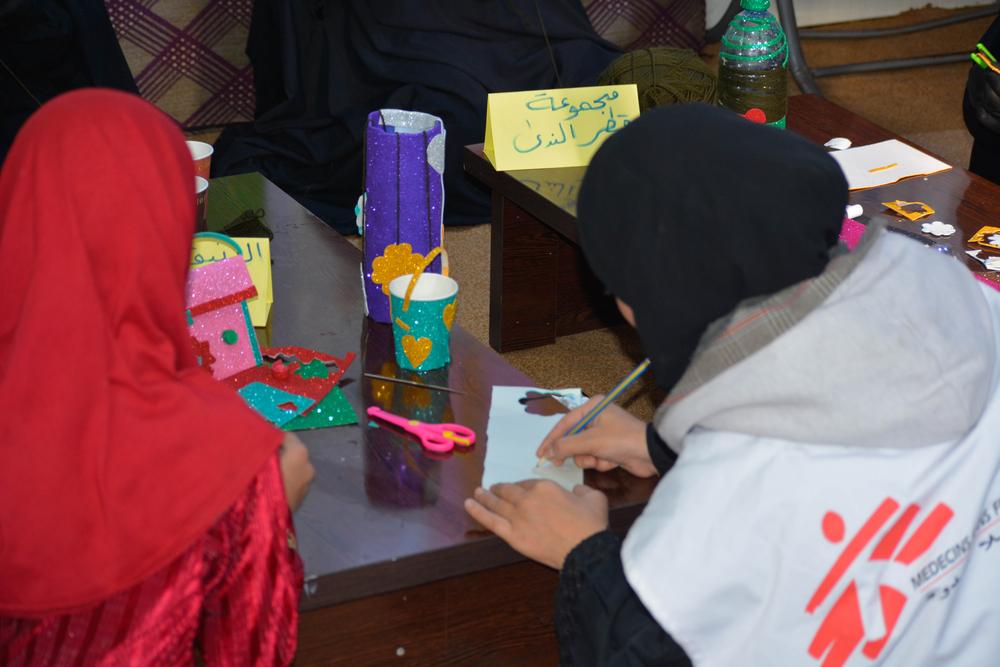
Walking along the muddy paths of Al-Hol camp after a downpouring of rain, it becomes evident that the challenges faced by its residents extend far beyond the physical constraints of their environment.
The Iraqi Government will repatriate me next week. I have mixed feelings. I am happy and unhappy at the same time. I will leave some relatives and siblings behind, including my sister. That’s made my happiness incomplete,” said Um Ibrahim, MSF Mental Health Patient. En marchant sur les chemins boueux du camp d'Al-Hol après une averse, il devient évident que les défis auxquels sont confrontés ses résidents vont bien au-delà des contraintes physiques de leur environnement.
